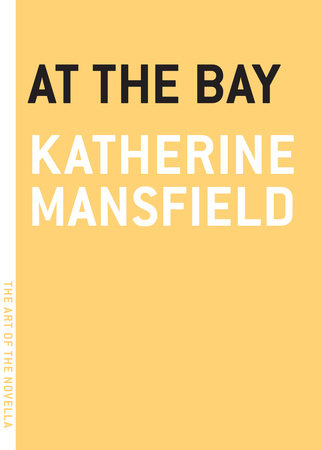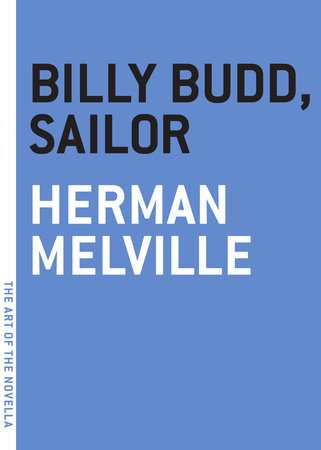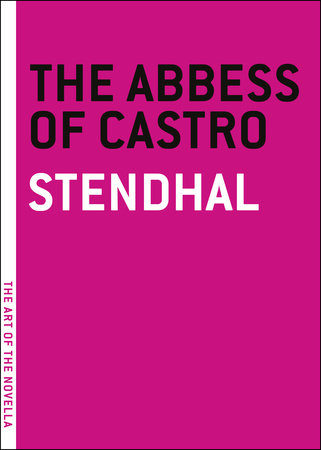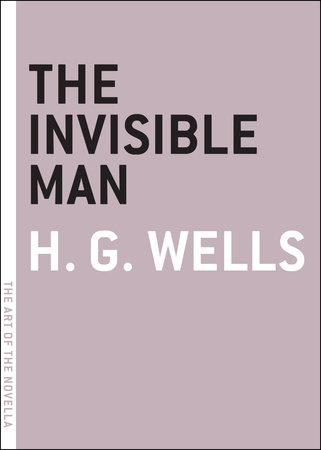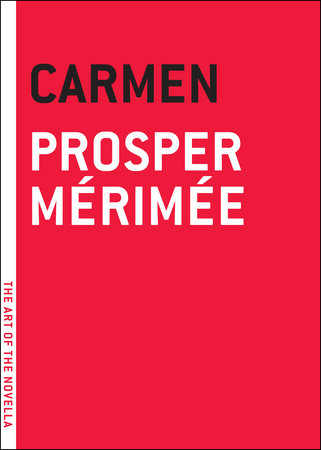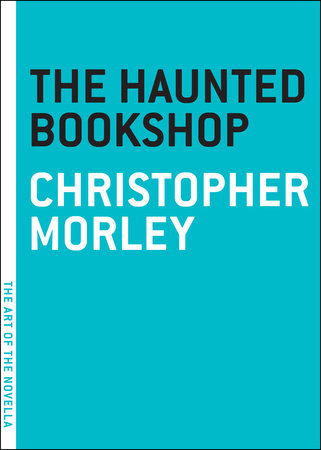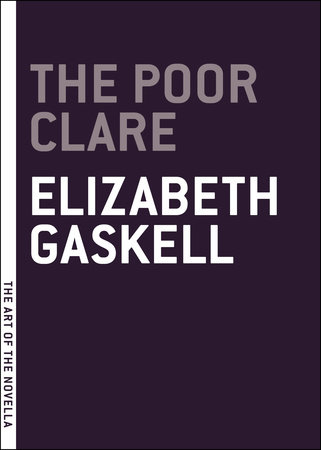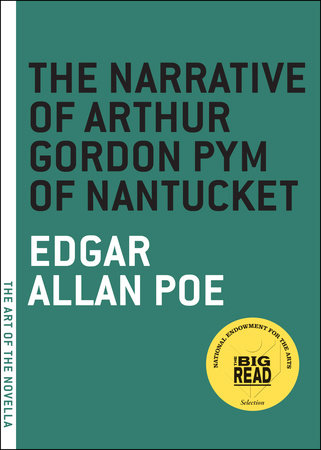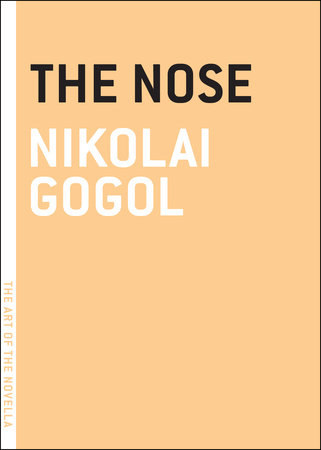
The Nose
Nikolai Gogol
Ebook
July 29, 2014 | ISBN 9781612193199
AmazonApple BooksBarnes & NobleBooks A MillionGoogle Play StoreKobo
About the Book
Collegiate Assessor Kovalyov awakens to discover that his nose is missing, leaving a smooth, flat patch of skin in its place. He finds and confronts his nose in the Kazan Cathedral, but from its clothing it is apparent that the nose has acquired a higher rank in the civil service than he and refuses to return to his face.
THE ART OF THE NOVELLA
Too short to be a novel, too long to be a short story, the novella is generally unrecognized by academics and publishers but beloved and practiced by literature's greatest writers. The Art of the Novella Series celebrates this renegade art form and its practitioners. The series has been recognized for its "excellence in design" by AIGA.


